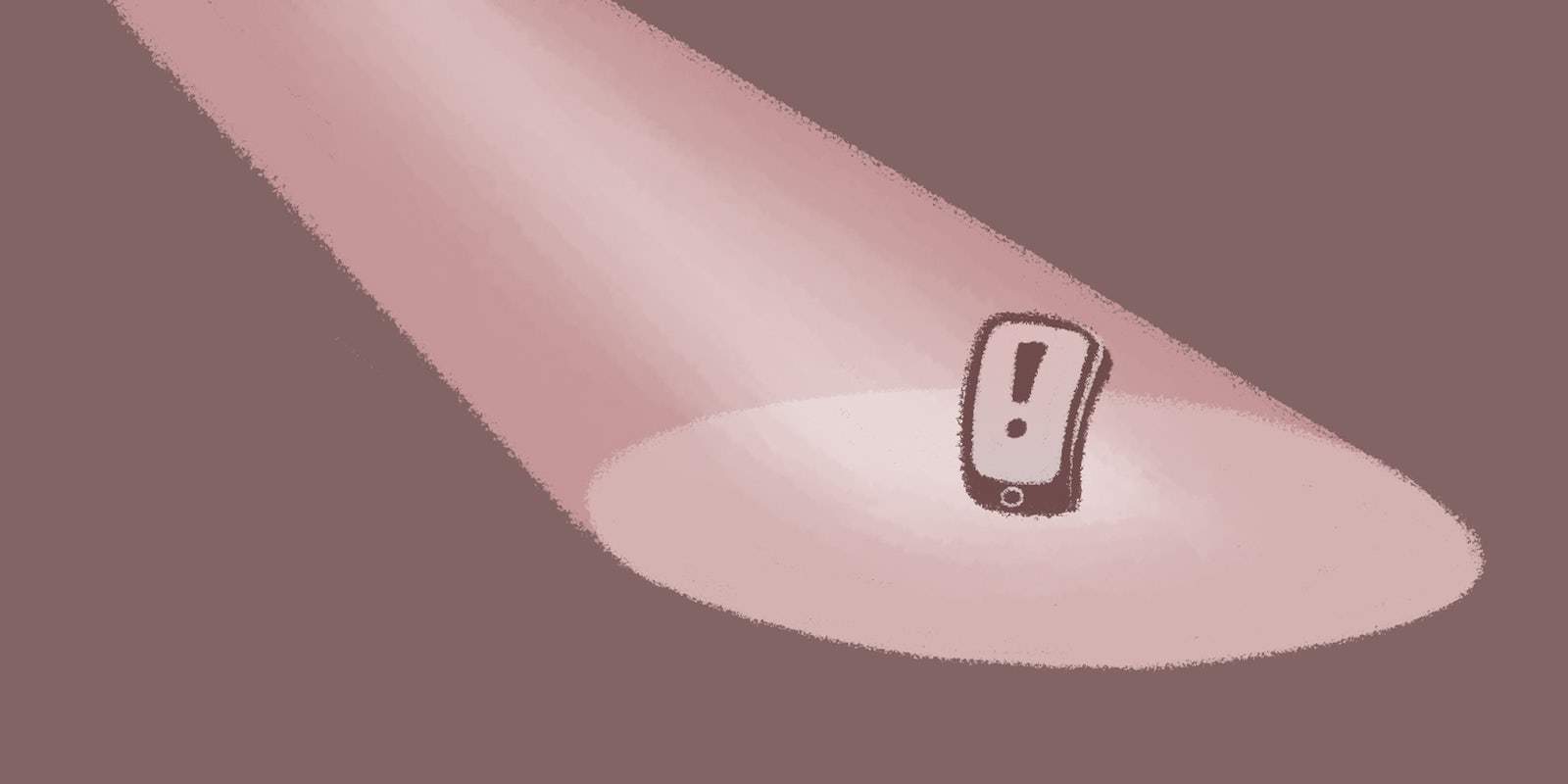FBI Director James Comey has finally admitted, albeit obliquely, that his agency uses so-called “stingrays” to track Americans’ cell phones in the hope of catching criminals.
Stingrays, also known as IMSI catchers, are devices that pretend to be cellphone towers in order to track nearby phones—invisibly, unless those phones are specifically capable of identifying them. Though the use of stingrays has been widely documented, there is no official count of active devices—not even a list of only those used by law enforcement. The FBI, meanwhile, has been extremely reluctant to admit that it uses them.
Now that police in the Charlotte, N.C., area are about to disclose documents related to hundreds of cases involving stingrays, the bureau decided to come clean. Comey admitted to FBI use of stingrays in a press conference, but said the FBI was simply “using a device to find the location of a particular individual.”
“We the feds, and our local brothers and sisters, have to be able to do that to investigate all kinds of things,” he added. “It’s work that you want us to be able to do.”
At the same press conference, Comey denied that stingrays would count as “bulk collection,” a controversial technique, disclosed by former NSA contractor Edward Snowden, that lets the government collect Americans’ phone records in bulk and reference the database with specific queries later.
Comey, like the NSA, has denied collecting the contents of any Americans’ phone calls—as opposed to metadata about the calls—without a warrant or court order.
Illustration by Max Fleishman


